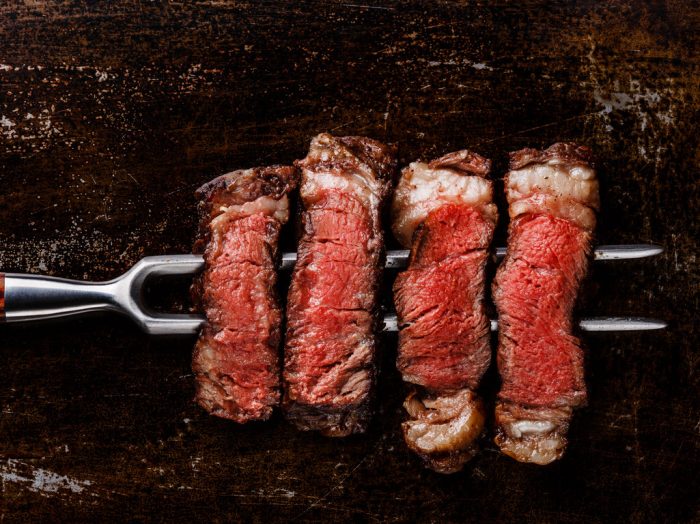Denmark ethics council recommends taxing red meat in order to discourage people to buy it. The recommendation came after a government think tank considered that consuming red meat is an “ethical problem” of climate change.
While cattle are contributing with 10 per cent to the global emissions, an influential government think tank of Denmark consider that people are “ethically obliged” to change their eating habits. That’s why the Danish Council of Ethics recommended an initial tax on beef, according to Independent.co.uk.
The council members are also considering extending the adjustment to all red meats in the future. They say that in the long term, the tax should apply to all foods at varying levels depending on climate impact.
14 of the council’s 17 members voted in favor of the proposal. The recommendation will now be put forward for consideration to the government.
Denmark was under direct threat from climate change, and it was not enough to rely on the “ethical consumer”, the ethics council said. “The Danish way of life is far from climate-sustainable, and if we are to live up to the Paris Agreement target of keeping the global temperature rise ‘well’ below 2°C, it is necessary both to act quickly and involve food,” the council said.
Why consuming red meat affects climate warming
According to the council, “climate change is an ethical problem”. Why’s that? Cattle alone account for some 10% of global greenhouse gas emissions, while the production of food as a whole makes up between 19% and 29%, the council said.
A 2006 United Nations report said that the world’s rapidly growing herds of cattle are the greatest threat to the climate, forests, and wildlife. The respiration of livestock makes up only a small part of the net release of carbon that can be attributed to this sector.
Much more is released indirectly by other channels including: burning fossil fuel to produce mineral fertilizers used in feed production, methane release from the breakdown of fertilizers and from animal manure, land-use changes for feed production and for grazing, land degradation, fossil fuel use during feed and animal production, and fossil fuel use in production and transport of processed and refrigerated animal products, study says.
The report of Food and Agricultural Organization of the United Nations, entitled Livestock’s Long Shadow, also surveys the damage done by sheep, chickens, pigs and goats. But in almost every case, the world’s 1.5 billion cattle are most to blame. Livestock are responsible for 18% of the greenhouse gasses that cause global warming, more than cars, planes and all other forms of transport put together.






